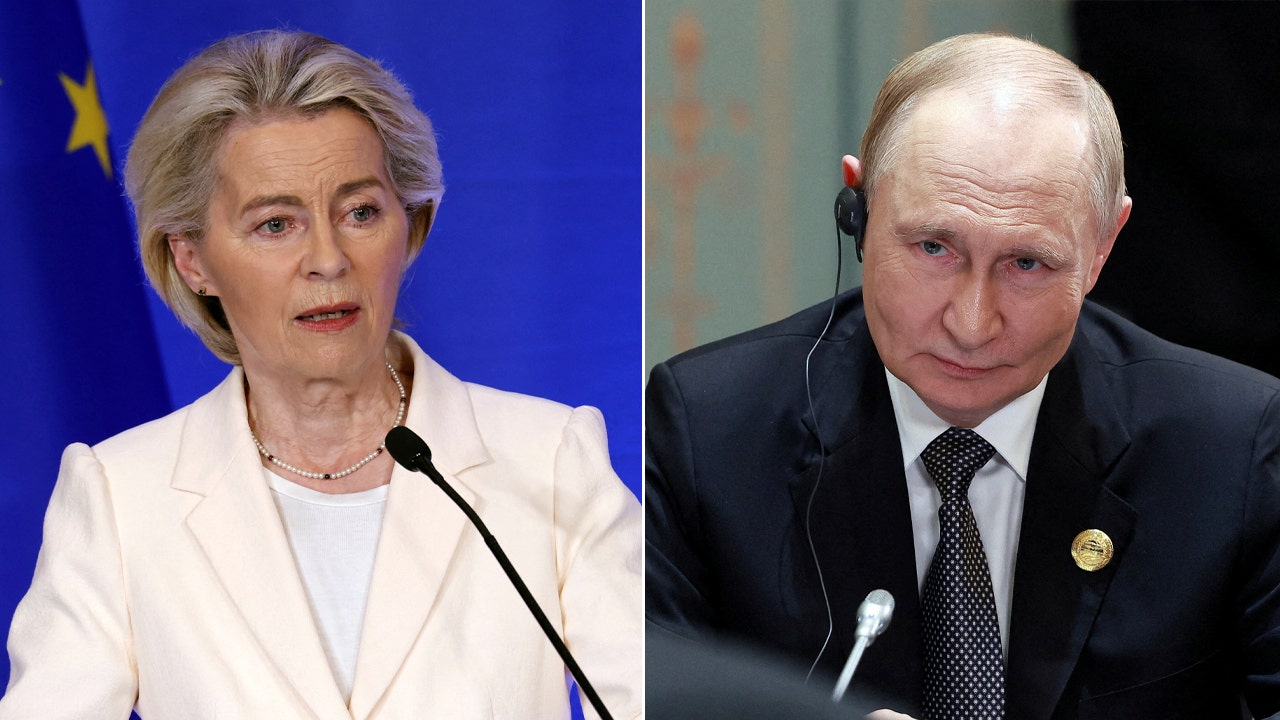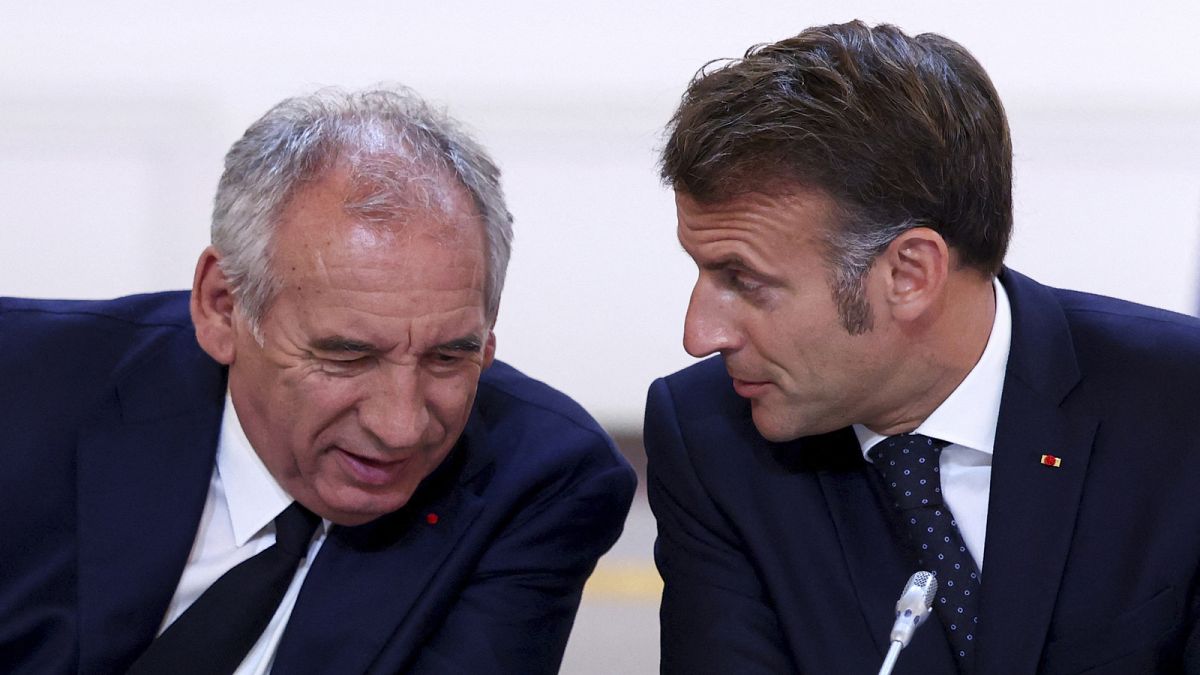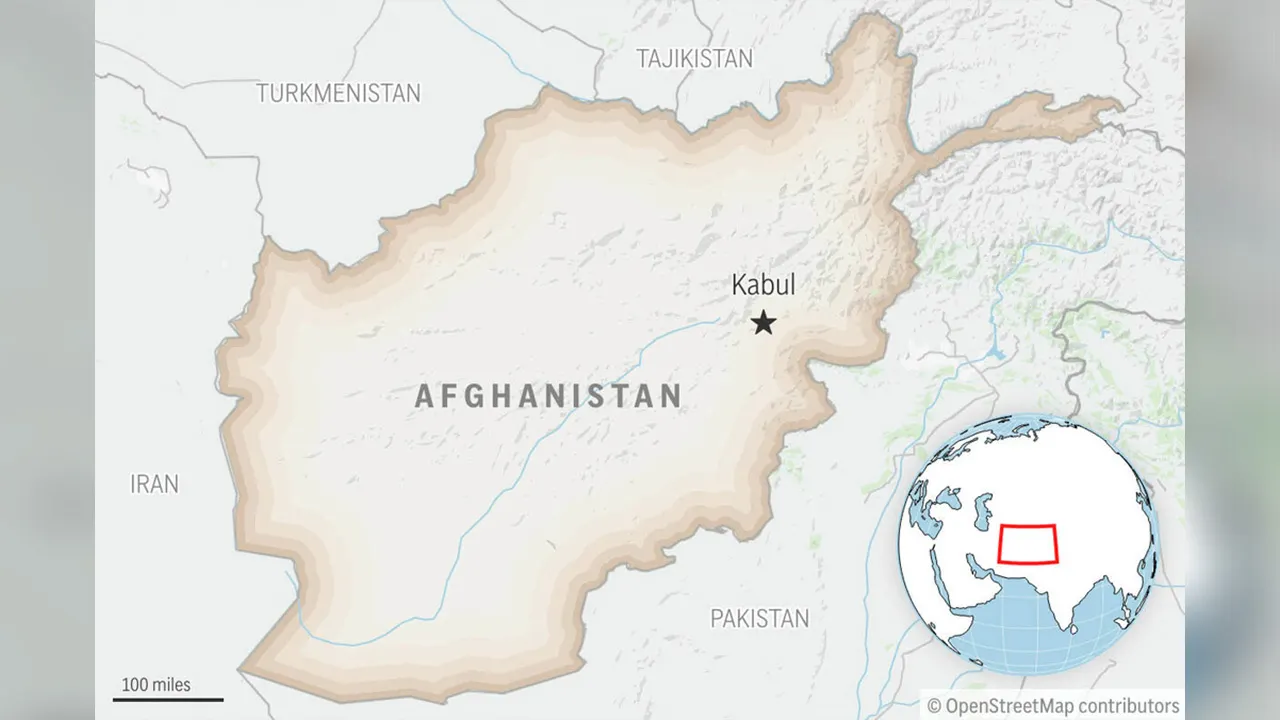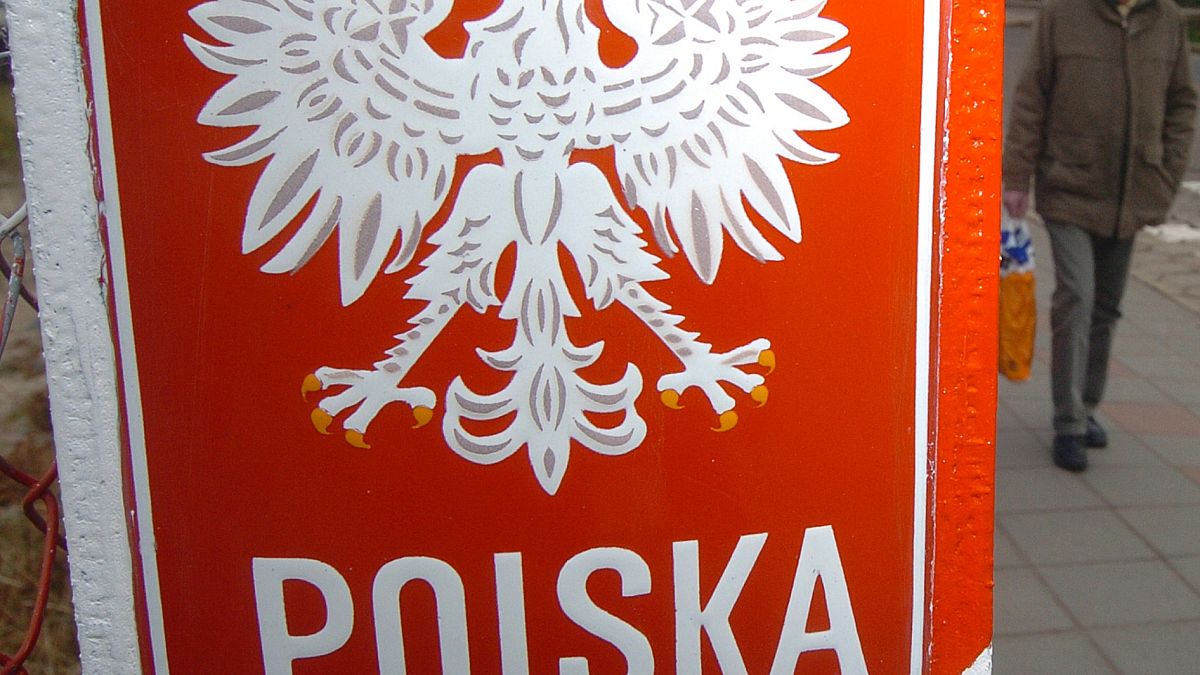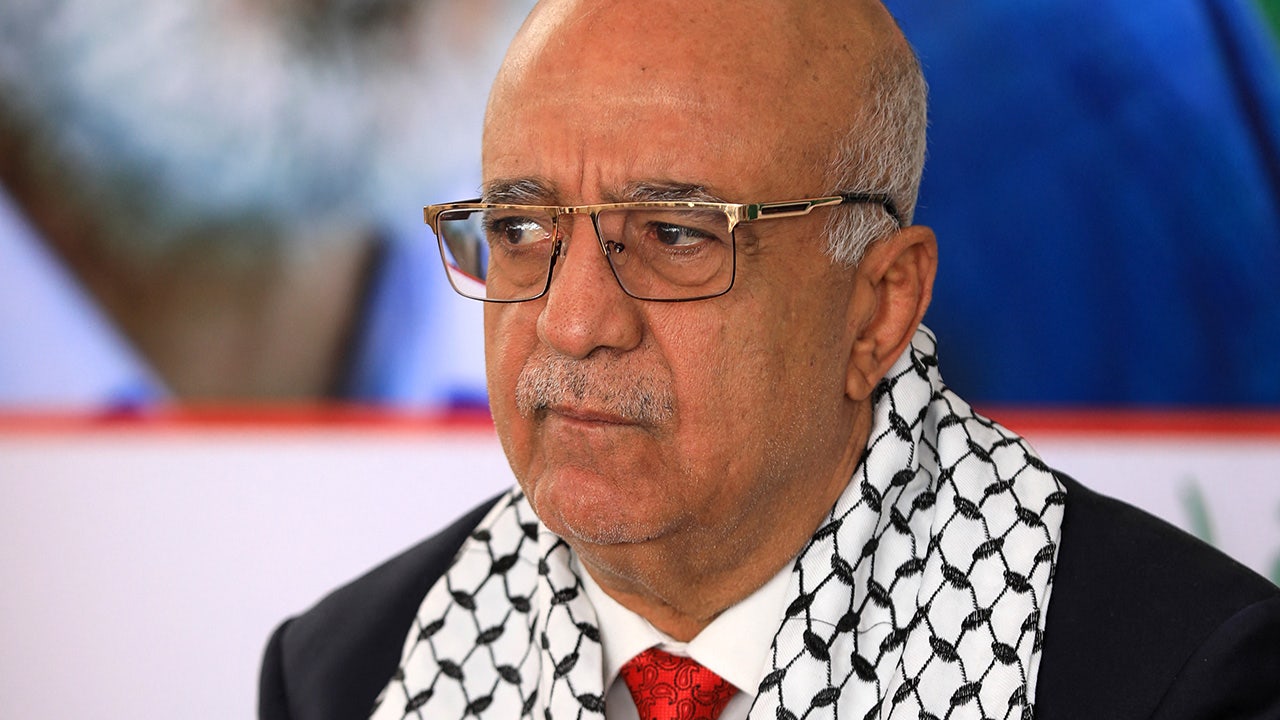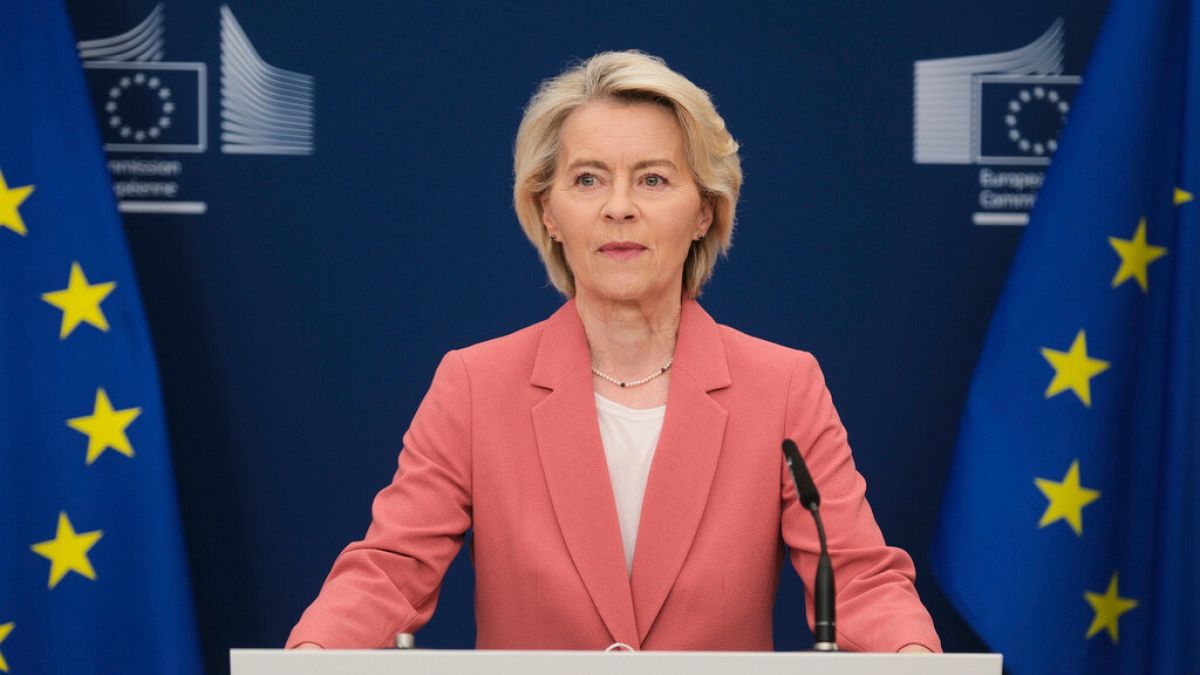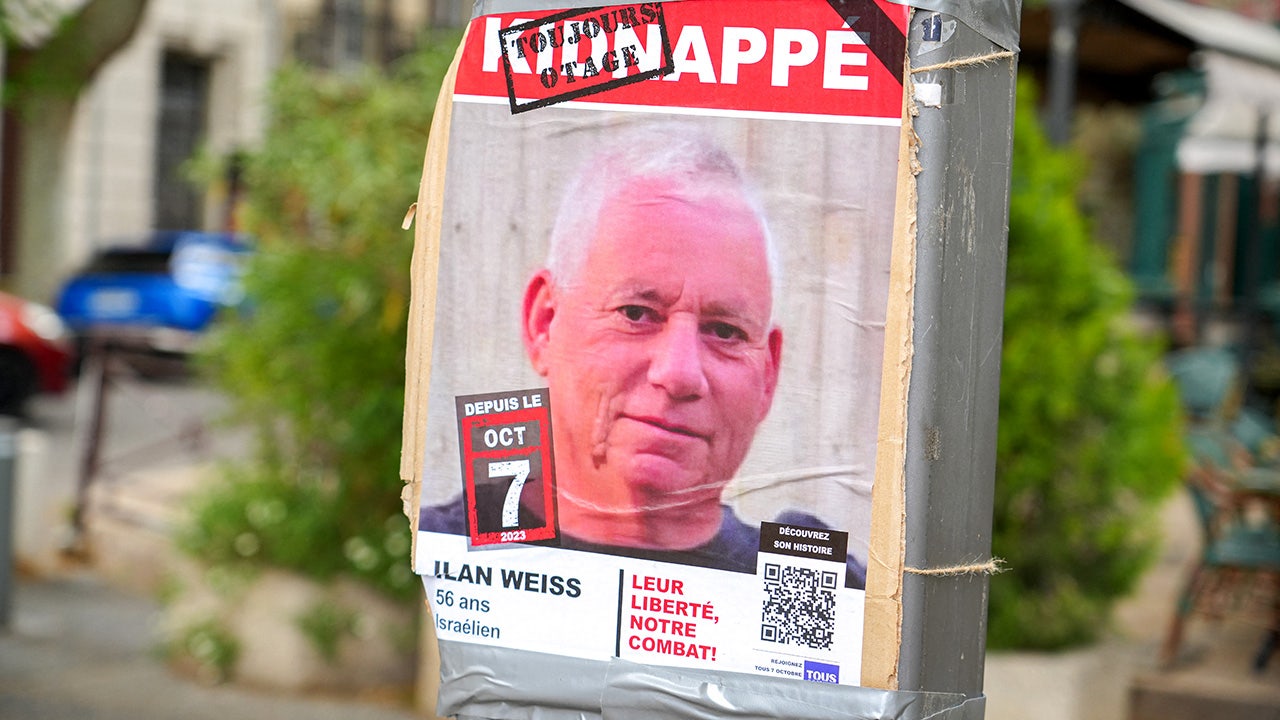ADVERTISEMENT
France is bracing for potential disruptions on 10 September — two days after a planned no-confidence vote in the government — after calls for a nationwide shutdown by fringe online groups gained the backing of mainstream political parties.
The viral push for mass demonstrations and an all-out boycott of services is seen as a response to deeply controversial austerity measures unveiled by Prime Minister François Bayrou in July, which would see two public holidays axed and social benefits and pensions frozen.
It’s triggered a political crisis, with Bayrou’s government likely to be toppled in a no-confidence vote next Monday.
The engineers of the campaign — which goes under the slogan “Bloquons tout” (Let’s blockade everything) — claim to be apolitical, and their grievances are considered to legitimately reflect those of many French citizens.
The movement has also been likened to the 2018 Yellow Vests protests sparked by French President Emmanuel Macron’s taxation and pension plans, which aimed to grind the country to a halt.
But questions have mounted over the murky origins of the movement and the forces propelling its viral success. We traced its surge on online platforms.
Calls first made by anti-EU group
The call for the 10 September blockade was first made in a May Telegram post published by Les Essentiels France, a relatively new self-proclaimed citizen group that spreads anti-government messages.
“On 10 September 2025, France will grind to a standstill: no more resignation, no more division,” its Telegram post on 21 May reads.
Some observers and French media describe the group as close to far-right and conspiracist circles.
A brief look at its TikTok channel suggests that the collective endorses France’s exit from the European Union and opposes military support from Ukraine, with one video relaying warnings from the vice-president of the Russian State Duma that France’s involvement in Ukraine peacekeeping could drag the country into a “third world war”.
It is nonetheless unclear who the faces behind the collective are, and whether they have any established links to French political parties.
The group’s calls gained significant traction online when Bayrou announced sweeping budget cuts on 15 July, with analysis by French social listening platform Visibrain showing the number of posts surging to around 30,000 per day.
Days after Bayrou’s announcement, an official campaign website was launched, along with social media profiles and a raft of national and regional social media groups, as the movement formalised itself.
Foreign-backed ‘astroturfing’ could have propelled campaign
Experts at Visibrain also say there are signs the campaign was artificially amplified using a technique called astroturfing, with fake accounts or bots publishing thousands of posts per day to propel the content.
On the Elon Musk-owned X platform, many of these bots are disguised as young French females. They share a wide range of AI-generated content, fake news, and divisive messages, many of which espouse pro-Kremlin, anti-Ukraine views.
Analysts at French digital intelligence group Projet Fox point out that “this is really a network of bots, potentially controlled by a foreign entity, intended to amplify social divisions in France”.
They provide a range of evidence to support their claim that a “foreign entity” could be behind the campaign.
These include the fact that, on X, accounts created on the same date were mobilised simultaneously to push the same messages, often publishing identical posts.
Automated responses on the posts in English, known as comment farming, also helped amplify the content.
The language used also suggests the posts were written using an AI tool, the experts say.
Calls adopted by political mainstream
Left-wing parties, including France Unbowed (LFI), the Ecologists and the French Communist Party, have now expressed support for the protest movement.
Members of the centre-left Socialist Party have meanwhile backed the demonstrations, although opinions remain split within the party.
Also divided are French trade unions, with some powerful groups such as the CGT (General Confederation of Trade Unions) backing the plans.
Since major political figures such as the leader of France Unbowed, Jean-Luc Mélenchon, have spoken out in support of the shutdown, the campaign has taken on a new, mainstream dimension, minimising the role played by bots and fake accounts.
Analysts at Visibrain point out that the movement has attracted support from across political and identitarian faultlines, attracting both the “radical and anti-capitalist left” and the “sovereignist and identity-based right”, as well as the former supporters of the “yellow vests” who consider themselves apolitical.
Read the full article here





